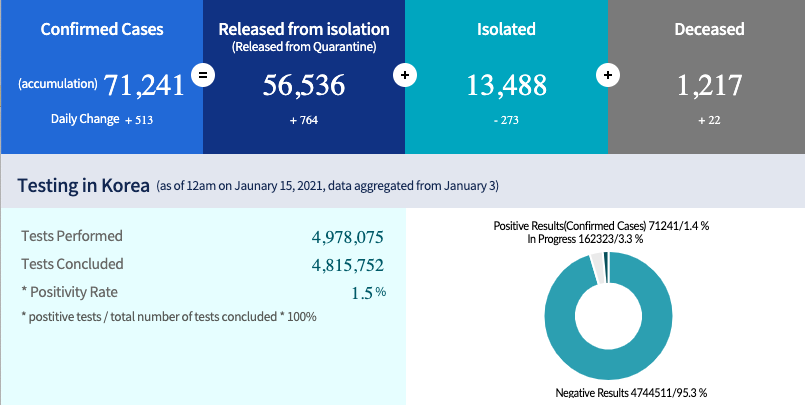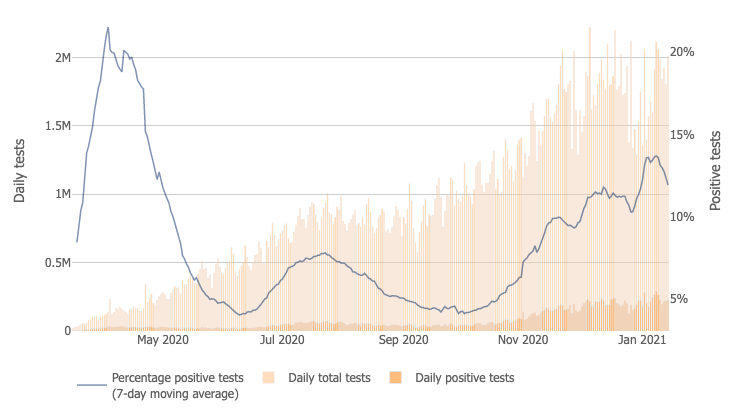
Media: Stop freaking people out with scary variant headlines! They're frazzled & we want the public to know when a variant *ACTUALLY* escapes vaccines regularly.
Questions to ask when you see a press release 🧵:
-Why do scientists think it's deadlier, etc?
("Double mutant"👇🏼🙄)
Questions to ask when you see a press release 🧵:
-Why do scientists think it's deadlier, etc?
("Double mutant"👇🏼🙄)

-If scientists think a variant is contagious because cases are up, ask about the correlation. At UC Berkeley, @staciakwyman found that outbreaks on campus were from parties, not B117.
-Behavioral reasons for surges are less newsy than Scary Mutant, but people can change behavior
-Behavioral reasons for surges are less newsy than Scary Mutant, but people can change behavior

-If scientists think variants evade an immune response because of studies in petri dishes or in mice, put that in the headline. eg biorxiv.org/content/10.110… This isn't the same as finding that vaccinated people get COVID.
-Look beneath the surface of hyped findings in headlines of press releases.
-Calling variants by the location were they were discovered is misleading, causes xenophobia & will be useless as the virus evolves
-New variants (so far) aren't even strains, never mind new viruses
-Calling variants by the location were they were discovered is misleading, causes xenophobia & will be useless as the virus evolves
-New variants (so far) aren't even strains, never mind new viruses

-Learn the ropes by talking with evolutionary biologists, genomicists & virologists like @angie_rasmussen @RobertWCross1 @K_G_Andersen @sabeti_lab @lea_starita @trvrb @firefoxx66 @arambaut to name too few. (Scientists & science writers, please add to this thread if you like.)
• • •
Missing some Tweet in this thread? You can try to
force a refresh










